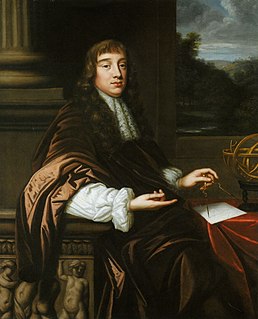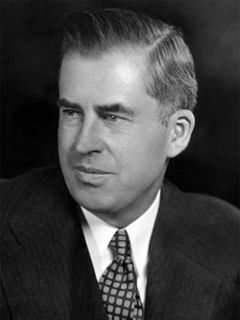A Quote by Charles Clover
The Romans believed that what no man controls, no man can own. Justinian, writing in the sixth century AD, said that the air, flowing water, the sea and the seashore were common to all.
Related Quotes
Once I spoke about this subject among a group of English intellectuals. One of them was a professor on Roman Law at one of the leading British universities. I asked him,what was the official language of the Byzantine Empire? He said, maybe sometime in the sixth or the seventh century.The Justinian Codex, the rule of law in the Byzantine Empire which was produced by Emperor Justinian, it was written in Latin.And he looked at me ,he knew that I knew already that the only original copy was found in the beginning of the sixteenth century.
No one would have believed in the last years of the nineteenth century that this world was being watched keenly and closely by intelligences greater than man's and yet as mortal as his own; that as men busied themselves about their various concerns they were scrutinised and studied, perhaps almost as narrowly as a man with a microscope might scrutinise the transient creatures that swarm and multiply in a drop of water.
The presence of industrial quantities of Byzantine pottery dating from the sixth century AD on the headland at Tintagel, Chinese silk in the tombs around Mecca and 'Arabic' numerals in the 13th-century beams of Salisbury Cathedral tell us we have been interdependent not for decades but across millennia.
Augustine said that we were all born into the world of "common grace" [i.e., available to all]. Before one is baptized, or even if one never is, such grace meets one in God's creation. There is grace in the pear tree that blooms and blushes. There is common grace in the sea (that massive cleanliness which we are proceeding to corrupt), in the fact that there was, before we laid hands on it, clean air. Our task is to appreciate that grace.
No man is an island, entire of itself; every man is a piece of the continent, a part of the main. If a clod be washed away by the sea, Europe is the less, as well as if a promontory were, as well as if a manor of thy friend's or of thine own were: any man's death diminishes me, because I am involved in mankind, and therefore never send to know for whom the bells tolls; it tolls for thee.
Once upon a time, a fisherman went out to sea. He caught many fish and threw them all into a large bucket on his boat. The fish were not yet dead, so the man decided to ease their suffering by killing them swiftly. While he worked, the cold air made his eyes water. One of the wounded fish saw this and said to the other: "What a kind heart this fisherman has- see how he cries for us." The other fish replied: "Ignore his tears and watch what he is doing with his hands.
. . . Newton was an unquestioning believer in an all-wise creator of the universe, and in his own inability - like the boy on the seashore - to fathom the entire ocean in all its depths. He therefore believed that there were not only many things in heaven beyond his philosophy, but plenty on earth as well, and he made it his business to understand for himself what the majority of intelligent men of his time accepted without dispute (to them it was as natural as common sense) - the traditional account of the creation.
I was the enemy of the major studio. I believed in one man - one film. I believed one man should make the film. And I believed the director should be that one man. One man should do it - I didn't give a damn who. I just couldn't accept art as a committee. I could only accept art as an extension of an individual.

































